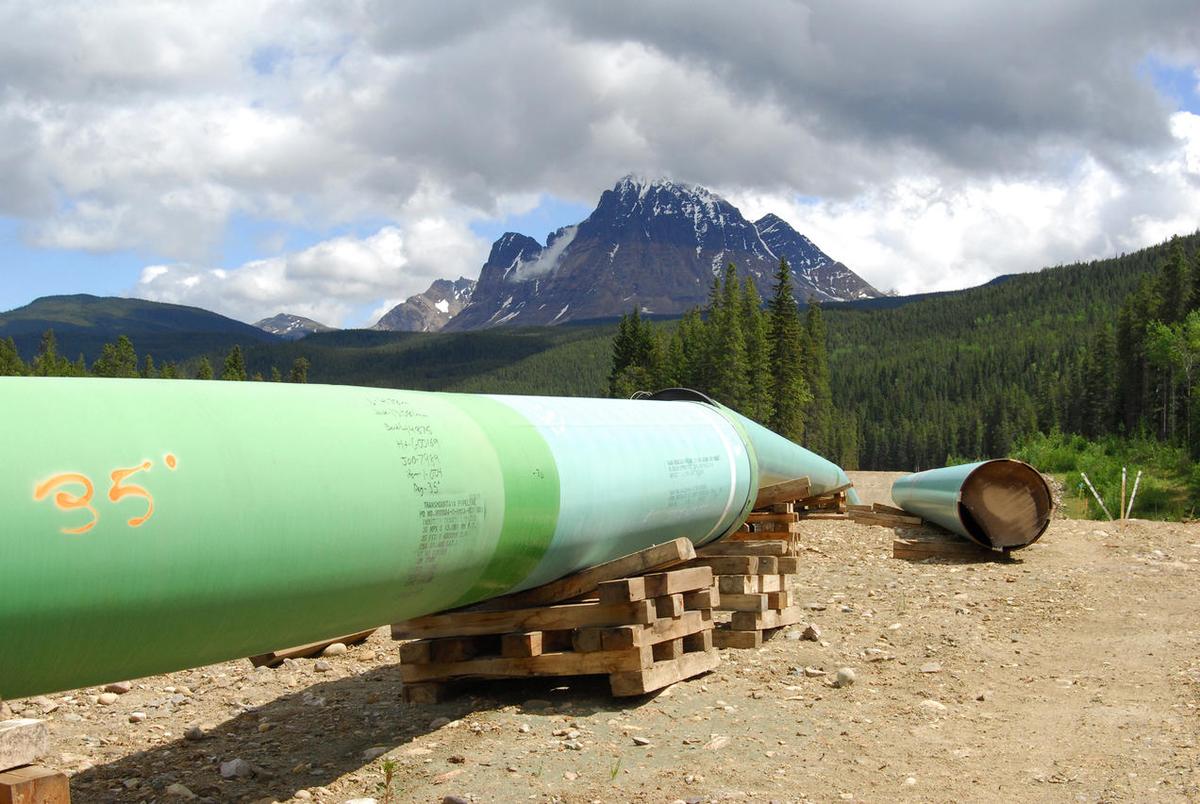Source: United States Senator Kevin Cramer (R-ND)
WASHINGTON – U.S. Senator Kevin Cramer (R-ND), member of the Senate Environment and Public Works (EPW) Committee, joined Senators Jim Risch (R-ID) and Steve Daines (R-MT) on a letter to U.S. Department of Energy Secretary Jennifer Granholm about the now outstanding Keystone XL Pipeline jobs loss report, which was due to Congress on Sunday, February 13, 2022.
“At the time of its closure, the Keystone XL Pipeline project was already under construction and employed more than 1,500 workers. By the end of 2021, the Keystone XL pipeline was projected to provide approximately 11,000 jobs. The closure erased thousands of real, high-paying jobs and approximately $800 million in wages,” the senators wrote.
“Knowing the full impact of the President’s actions is important to the American people,” the senators continued. “We urge you to complete your obligation under the law and release your report to Congress immediately.”
Senators Cramer, Risch, and Daines are joined on the letter by Senators Mike Crapo (R-ID), John Barrasso (R-WY), Cynthia Lummis (R-WY), Bill Cassidy (R-LA), Jerry Moran (R-KS), Roger Marshall (R-KS), John Hoeven (R-ND), and Tom Cotton (R-AR).
Background:
